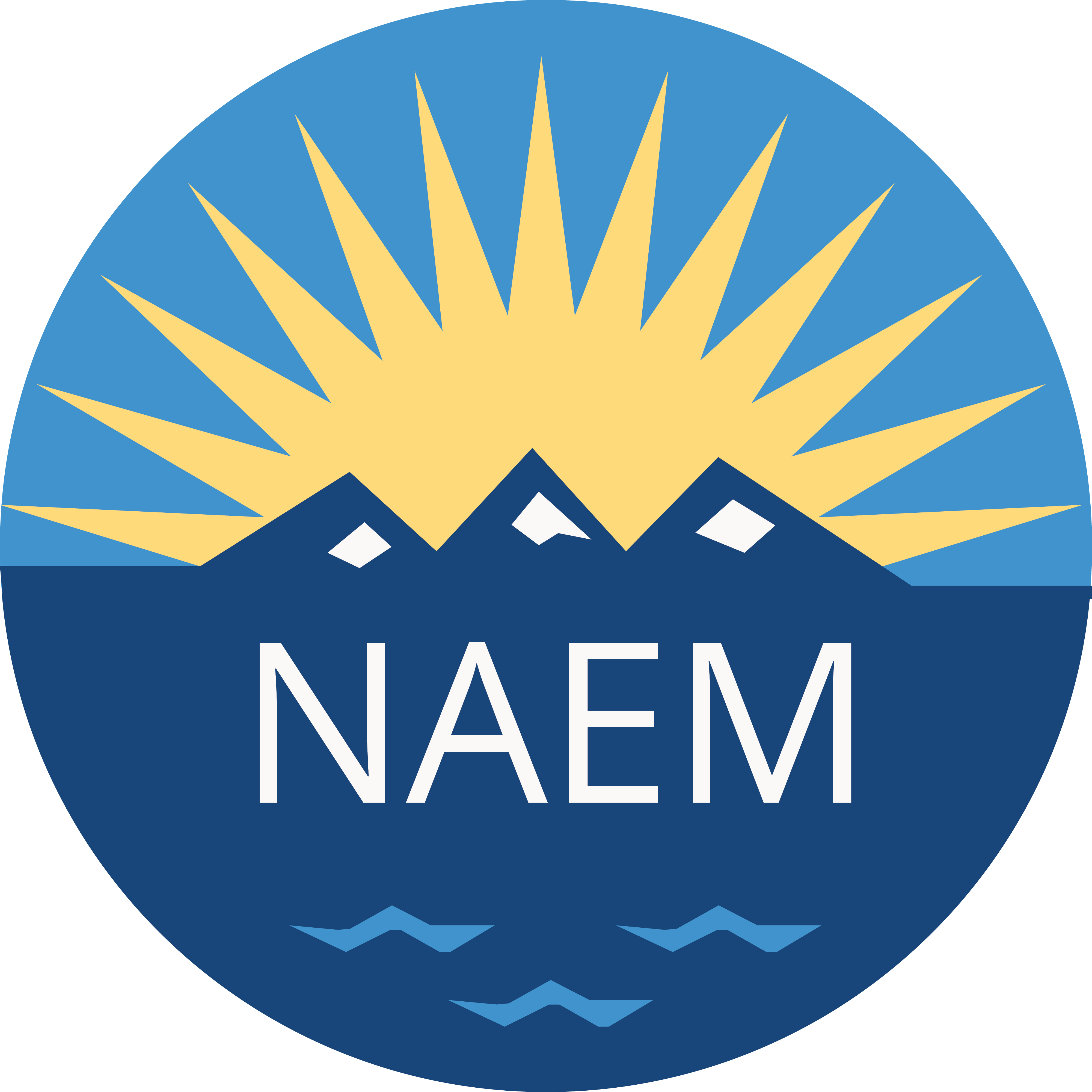No Matter the Position, EHS & Sustainability Professionals Need Leadership Skills to Succeed
Regardless of where environment, health and safety (EHS) and sustainability professionals are in their career, they need the same core set of leadership skills to be effective, according to results from NAEM’s latest research on the profession.
The comprehensive benchmark report, “Key Competencies for the EHS & Sustainability Profession” documents the individual skills, knowledge areas, educational backgrounds and salaries of 345 respondents from 197 companies. The results demonstrate that from the entry-level to those at the executive leader level, EHS and sustainability professionals report that their strongest skills are: written communications, translating technical concepts for non-expert audiences and managing without authority.
Alan Leibowitz, who led the peer committee that helped the survey, said the results confirm what he has learned as Corporate Director of Environment, Safety, Health & Security for Exelis Inc. Most professionals in this career have a strong foundation in science or engineering, but need to supplement those skills to advance, he said.
“Just having the technical skill set doesn’t necessarily prepare you for managing a function, leading a function.”
In addition to documenting the skills and knowledge areas of professionals at five different levels of an organization, the research also captured the differences between those on a management track and those with a more specialized focus. And according to the results, communication skills proved to be just as vital for those on a technical track, as Mr. Leibowitz pointed out.
“Even if you have the opportunity to advance as a subject matter expert, what causes you to be able to advance is typically your ability to be able to communicate the facts that you know,” he said.
This is important because the process of translating technical knowledge into a vision is a key aspect of leadership, according to Alex Pollock, an EHS leadership consultant, who retired from Dow as Global Director of EHS Expertise.
“Leaders need to be able to have the ability, even within their own department, to share a vision that can get people inspired about the direction in which they’re heading,” he said.
While accountability for the outcomes may vary based on the level, leadership is a valuable trait for EHS professionals at every level, Mr. Pollock said.
“You need to deal every day with people at various levels throughout the organization: At times it could be those in the management board, and often it was those on the shop floor doing the day-to-day tasks and making sure that they understood and had the reasons for all of the systems that were in place to protect their health,” he said.
The other aspect of leadership that survey respondents highlighted was the ability to manage without authority and influence effectively across silos. To do that well, Mr. Pollock said, EHS and sustainability professionals need to learn how to connect on a personal level.
“Somebody told me years ago that people don’t care what you know until they know that you care, and part of the expression of caring comes from effectively relating to people,” he said.
Those who want to improve their communication skills should likewise practice at every opportunity, Mr. Leibowitz advises.
“The challenge a lot of people face is a lack of confidence and the best way to gain confidence is to put yourself out there a little bit and choose to give talks or participate in learning sessions in the areas that you’re comfortable with,” he said. “The more you do it, the better you get at it.”
NAEM’s full report will be published in January. It will include more than 80 charts documenting the complete set of responsibilities, skills, knowledge areas, professional experience, educational background and salaries of EHS professionals at five different levels of an EHS organization. To download a free Executive Summary of the Survey results or to order your copy of the full benchmark report, please visit: http://www.naem.org/?survey_2015_competen.

